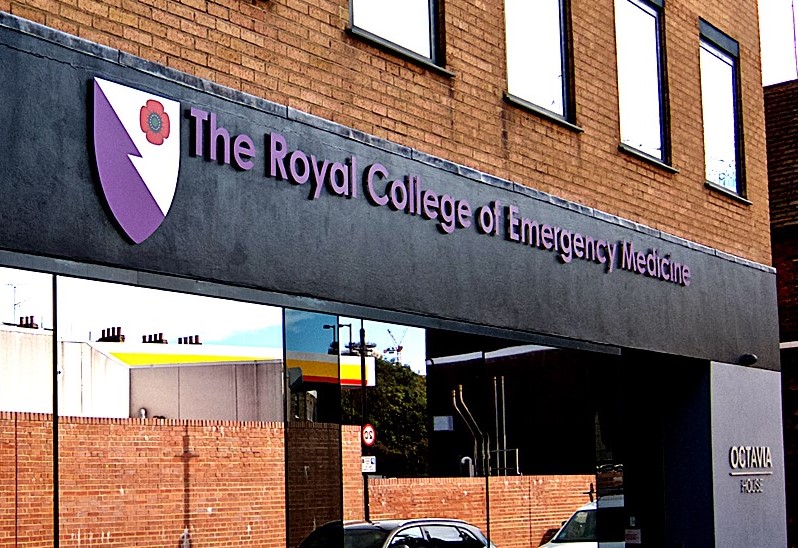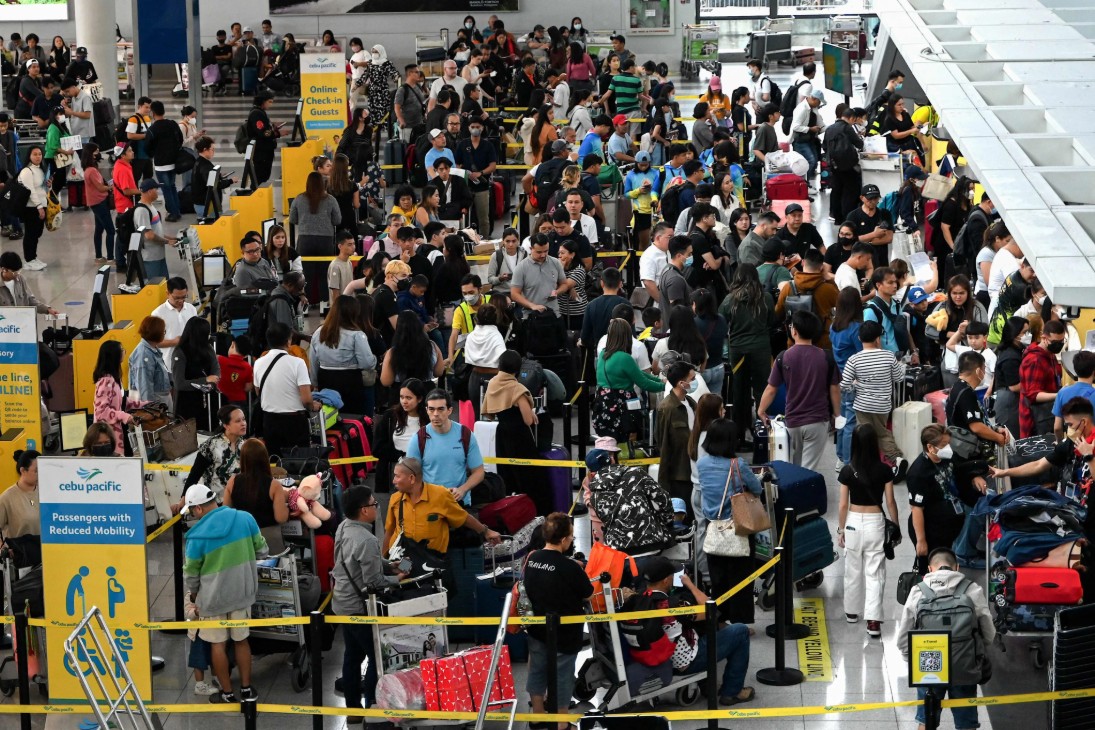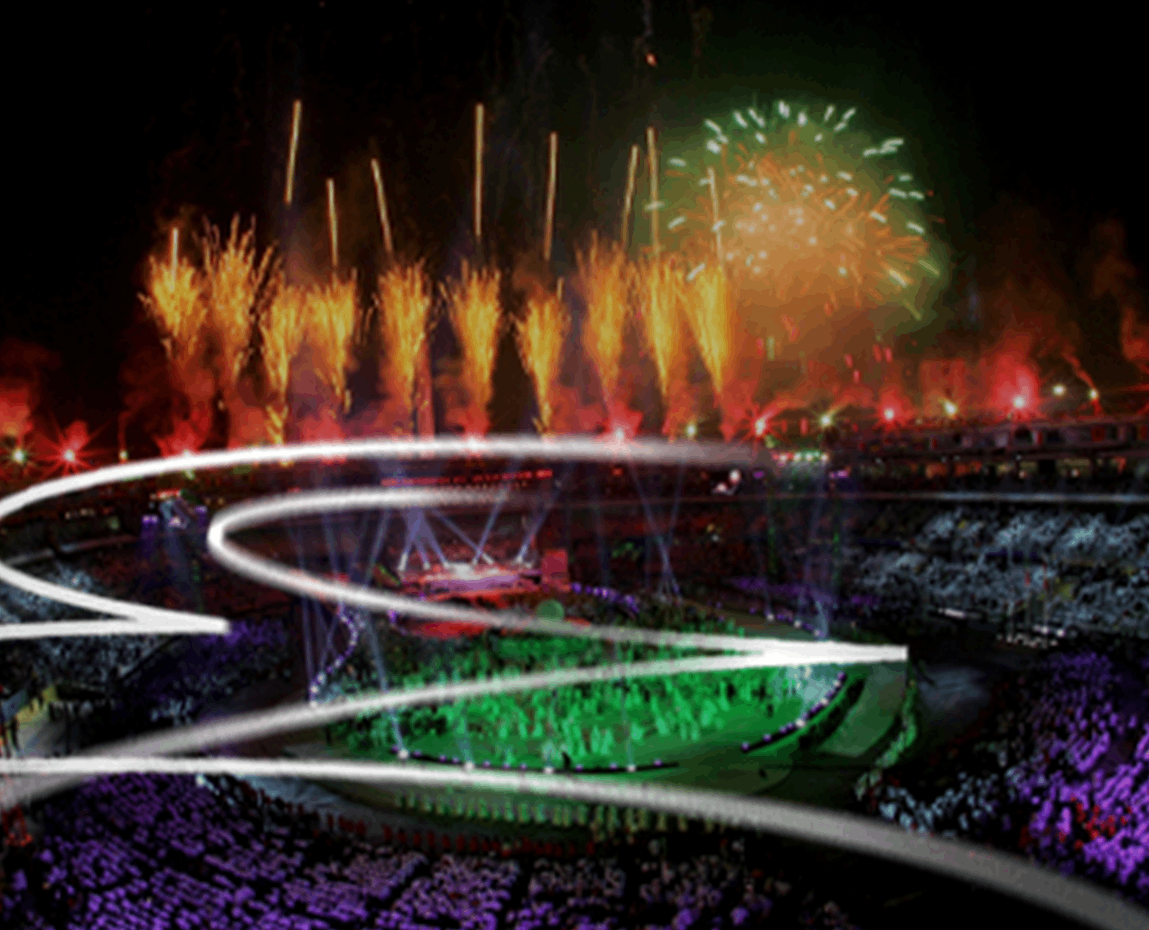Responding to the publication of NHS England quarterly and monthly performance figures, Dr Katherine Henderson, President of the Royal College of Emergency Medicine, said: “The situation on the ground is extremely bleak. Staff are overwhelmed and burned out; it is increasingly challenging to provide timely and safe patient care.”
The latest monthly Emergency Department (ED) performance figures published by NHS England for December 2021 show that four-hour performance at major Emergency Departments reached its lowest since records began at 61.2%, meaning nearly two in five patients were delayed by four-hours or more and nearly 1 in 4 admissions experienced a wait of at least four hours from the decision to admit them to admission.
The data also show the highest number of 12 hour waits ever recorded: 12,986 patients spent 12 hours or more from decision to admit to admission. This is a 22% increase on the previous month, November 2021, and it is 250% higher than December 2020. Latest Quarterly performance figures published by NHS England show that in 2021-2022 there were a total of 43,218 12-hour delays which is more than all the 12-hour delays over the previous ten years put together (39,608).
The data does not paint the full picture as NHS England record 12-hour waits from decision to admit. Our Winter Flow project, which started at the beginning of October 2021, has so far recorded 71,965 12-hour waits from time of arrival. It is critical that NHS England commit to reporting 12-hour data from time of arrival and implement the Clinical Review of Standards.
Dr Henderson said: “The health service is in the middle of the biggest crisis it has ever faced, and staff are working harder than ever before with fewer staff and fewer beds. When the health service is overwhelmed, it does not cease to function, it is the standards and quality of care that fall. The figures published today show the extent to which these standards have fallen already.
“Performance metrics are intended to hold clinical services to account. They are meant to identify areas in which services are failing with the aim of improving them quickly and effectively. “The consistent and continuous decline of urgent and emergency care performance, standards, patient experience and patient safety show how this intended function is now entirely lost. With each publication around performance, we commentate with shock and dismay at the latest decline, but our comments are, more often than not, met with inaction or short-term fixes. There needs to be acknowledgment that there is a major public health crisis in emergency care.
“It is the core ability and function of the health and social care service to deliver high-quality and effective care to the acutely ill or injured that is at risk.
“We must now see a vision for recovery and a vision for the health service that includes a vital transformation of the urgent and emergency care system. There must be a plan to implement a framework that is centred around patient care, that drives action and improvement. The current framework is simply documenting the health system’s failure to deliver a quality service, and the failure of this framework leaves urgent and emergency care in a performance vacuum. We need a decision about either a phased implementation of the findings of the Clinical Review of Standards or an honest discussion about how we performance manage urgent and emergency care differently.
“The current challenges facing the health and social care service are the result of years of stagnation and decline, they are made worse by, but are not just a consequence of, the pandemic. Recognising this is vital to any step towards transformation.
“It is time we saw bolder political willingness to engage on these critical issues. Without action, performance will continue to decline, and this would be a disservice to patients and staff.”











